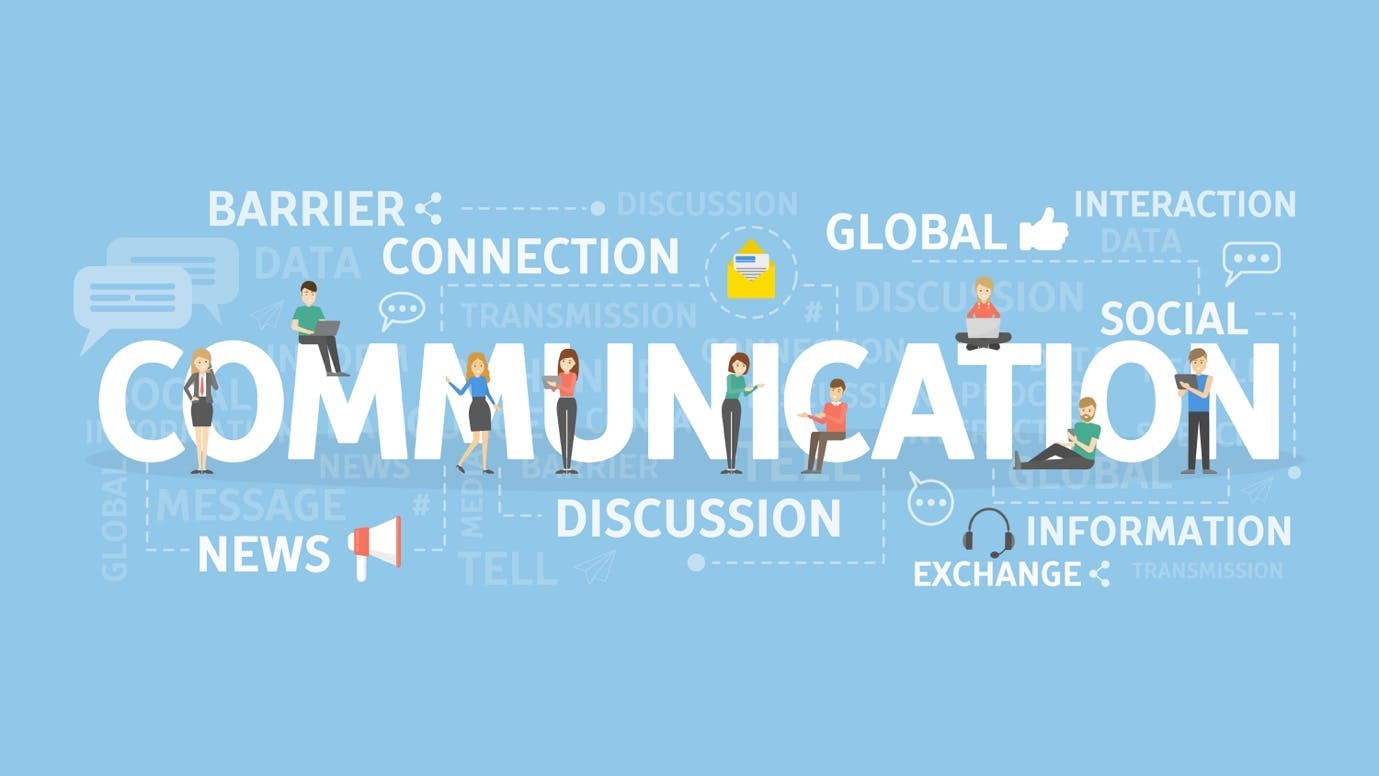
- Blogs
- How To Develop Effective Communication Skills As A Medical Student

How To Develop Effective Communication Skills As A Medical Student
As a future healthcare professional, it’s crucial to have practical communication skills to provide the best possible care for your patients. Hence, in this blog post, we will explore ways to develop your verbal, nonverbal, written, and interpersonal communication skills. So let’s get started!
How to Develop Verbal Communication Skills
Verbal communication skills refer to using words effectively to convey information to others. As a medical student, you must regularly communicate with your patients, colleagues, and superiors. Here are a few tips to enhance your verbal communication skills;
- Practice active listening: Effective communication involves speaking and listening actively. When communicating with others, please pay close attention to their words, tone of voice, and body language. This will help you better understand their perspective and respond appropriately.
- Use simple language: Medical jargon can be confusing for patients who are not familiar with it. Therefore, it’s essential to use simple language while communicating with them. Avoid using technical terms unless crucial, and explain medical terms in simple language.
- Be concise: It’s vital to convey your message clearly and concisely, especially when dealing with patients who may be anxious or in pain. Keep your communication short and to the point, avoiding unnecessary details.
- Be empathetic: When communicating with patients, showing empathy and compassion is essential. Patients are more likely to trust and confide in healthcare professionals who show they care about their well-being.
How to Develop Nonverbal Communication Skills:
Nonverbal communication means using body language, facial expressions, and gestures to convey information. Nonverbal cues can sometimes speak louder than words, and it’s essential to be aware of them while communicating with others. Here are some tips to improve your nonverbal communication skills:
- Maintaining eye contact: Maintaining eye contact while communicating with others shows you are engaged and interested in what they say.
- Use appropriate gestures: Gestures such as nodding, smiling, and hand gestures can enhance your communication and convey positive emotions.
- Mind to your body language: Your body language can convey your level of confidence, interest, and engagement. Therefore, it’s essential to be aware of it and ensure it gives the right message.
- Mirror the other person’s body language: Mirroring the other person’s body language can help build rapport and establish a connection. However, it’s important to be subtle and not copy their every move.
How to Develop Written Communication Skills

Written communication skills refer to communicating effectively through written documents such as emails, reports, and notes. For example, as a medical student, you must write reports, document patient information, and communicate with colleagues through emails. Here are some tips to improve your written communication skills:
- Use proper grammar and punctuation: Good grammar and punctuation ensure your writing is clear and easy to understand. A few common grammar mistakes to avoid are subject-verb agreement errors, sentence fragments, and run-on sentences. You can improve your grammar skills using grammar books or online resources such as Grammarly or the Purdue Online Writing Lab.
- Use clear and concise language: Writing should be clear and concise so that the reader can easily understand the message you are trying to convey. Avoid using complex sentences, jargon, or technical terms unless necessary. Use simple words and phrases that are easy to understand.
- Proofread your work: Proofreading is essential in developing written communication skills. Before submitting any document, proofread it carefully to ensure no errors or typos. You can use tools such as Grammarly or Hemingway Editor to help you identify errors in your writing.
- Be professional: Professionalism is essential when it comes to written communication. Whether you are writing an email, a report, or a note, it’s critical to maintain a professional tone. Avoid using slang, abbreviations, or informal language. Use proper salutations and signatures in emails, and include a clear subject line that summarizes the content of the email.
By following these tips, you can develop your written communication skills and become a more effective communicator in your academic and professional life.
How to Develop Interpersonal Communication Skills

Interpersonal communication skills refer to the ability to communicate effectively in a one-on-one or group setting. As a medical student, you must work in teams and communicate with colleagues from different backgrounds. Here are some tips to improve your interpersonal communication skills:
- Build rapport: Building rapport with colleagues and patients is essential to establish trust and open communication. Start by making small talk and showing interest in their lives outside of work.
- Practice active listening: Active listening is crucial for effective interpersonal communication. When communicating with others, give them your undivided attention and try understanding their perspective before responding.
- Be assertive: Assertiveness is expressing your thoughts, feelings, and opinions clearly and respectfully. Being proactive when communicating with others is essential to avoid misunderstandings and ensure your message is understood.
- Handle conflicts effectively: Conflicts can arise in any setting, and handling them is necessary. Start by identifying the issue and then work towards finding a solution that benefits everyone involved.
Conclusion
Effective communication skills are essential for healthcare professionals. As a medical student, developing these skills early on is crucial. Remember, communication is a two-way street, and it’s essential to be a good listener and speaker. With practice and patience, you can develop excellent communication skills that will serve you well throughout your career as a healthcare professional.